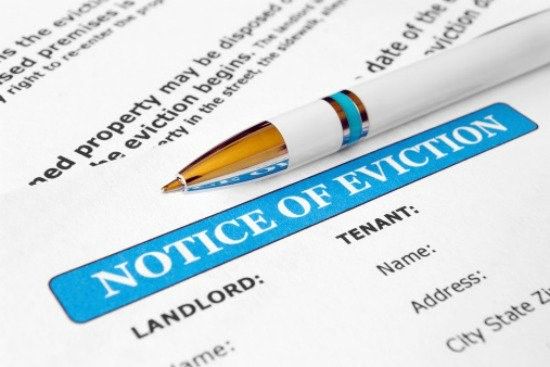



Managing commercial property can offer strong returns, but landlords must also be prepared for complex scenarios — including tenant eviction. When a commercial tenant breaches lease terms or fails to meet financial obligations, eviction may become necessary to protect the asset and maintain cash flow.
However, commercial tenant eviction in the UK is governed by strict legal procedures. Missteps can result in costly delays, reputational damage, or legal challenges. This guide outlines the lawful routes for commercial eviction, key considerations for landlords, and how Fraser Bond provides expert support in navigating this difficult process.
Landlords may seek to evict a commercial tenant for several reasons, including:
Non-payment of rent
Breach of lease terms (e.g., subletting without permission, unauthorised use)
Property damage or illegal activity
Holding over (remaining in the premises after the lease has expired)
Each scenario demands a specific approach, and the chosen route must comply with statutory protections for tenants.
Most commercial leases contain a forfeiture clause, allowing the landlord to terminate the lease if the tenant breaches specific conditions.
Rent Arrears: The landlord may initiate forfeiture if rent is unpaid, often without notice (depending on the lease terms).
Other Breaches: For non-rent breaches, a formal notice (Section 146 Notice) must be served first, giving the tenant a chance to remedy the issue.
Methods of Forfeiture:
Peaceable Re-entry: Changing the locks if the property is unoccupied. This must be done with extreme care to avoid unlawful eviction.
Court Proceedings: Where peaceful re-entry is not possible, landlords can apply for possession through the courts.
If the lease lacks a forfeiture clause or if re-entry is impractical, landlords can pursue possession through court. This is a longer process but may be necessary, especially if the tenant contests the eviction.
In cases of rent arrears, landlords can recover rent using CRAR without terminating the lease. This involves instructing enforcement agents to seize tenant assets of equivalent value. This option requires a minimum of seven days’ rent arrears and compliance with formal notice periods.
Ensure the lease includes a forfeiture clause and clearly defines breach conditions and remedies.
Keep accurate records of all communication, notices, payments, and breaches to support any legal action.
Unlawful re-entry or improper notice can result in legal claims against the landlord. Always seek legal advice before acting.
Although restrictions introduced during the pandemic have largely expired, landlords should confirm whether any transitional protections remain in place that could affect enforcement.
At Fraser Bond, we offer expert support to commercial landlords facing tenant default or breach of lease. Our services include:
Lease review and risk assessment
Liaising with legal counsel to pursue eviction lawfully
Coordinating CRAR enforcement where applicable
Advising on re-letting strategies post-eviction
Marketing and securing new tenants swiftly to minimise void periods
Our goal is to protect our clients’ interests while ensuring compliance with all legal obligations.
Commercial tenant eviction is a sensitive and legally complex process. Whether due to rent arrears, lease breaches, or other disputes, landlords must act decisively — but within the bounds of the law. With professional guidance and a structured approach, property owners can regain control of their assets and restore income stability.
Fraser Bond provides trusted, end-to-end support for landlords managing commercial disputes, from legal coordination to asset repositioning and re-letting. When challenges arise, we are here to protect your investment.